Loneliness and the internet
Social media is frequently identified as a cause of increasing loneliness. Continue scrolling to read key resources on the relationship between loneliness and social media use.
Huang et al. (2017)
Time Spent on Social Network Sites and Psychological Well-Being: A Meta-Analysis
Systematic Review
Primary finding: This meta-analysis examines the relationship between time spent on social networking sites and psychological well-being factors, namely self-esteem, life satisfaction, loneliness, and depression. Among 61 studies, the mean correlation between time spent on social networking sites and psychological well-being was low at r = -0.07. The correlations between time spent on social networking sites and positive indicators (self-esteem and life satisfaction) were close to 0, whereas those between time spent on social networking sites and negative indicators (depression and loneliness) were weak.
Nowland et al. (2017)
Loneliness and Social Internet Use: Pathways to Reconnection in a Digital World?
Literature Review
Primary finding: In this review, we present our theoretical model and propose that there is a bidirectional and dynamic relationship between loneliness and social Internet use. Lonely people express a preference for using the Internet for social interaction and are more likely to use the Internet in a way that displaces time spent in offline social activities. This suggests that lonely people may need support with their social Internet use so that they employ it in a way that enhances existing friendships and/or to forge new ones.
